EU leaders met in Brussels for a one-day summit. They adopted conclusions on Ukraine/Russia, energy and economy, security and defence, the Southern Neighbourhood, transatlantic relations and other items, covering Croatia, Bosnia and Herzegovina and Iran.
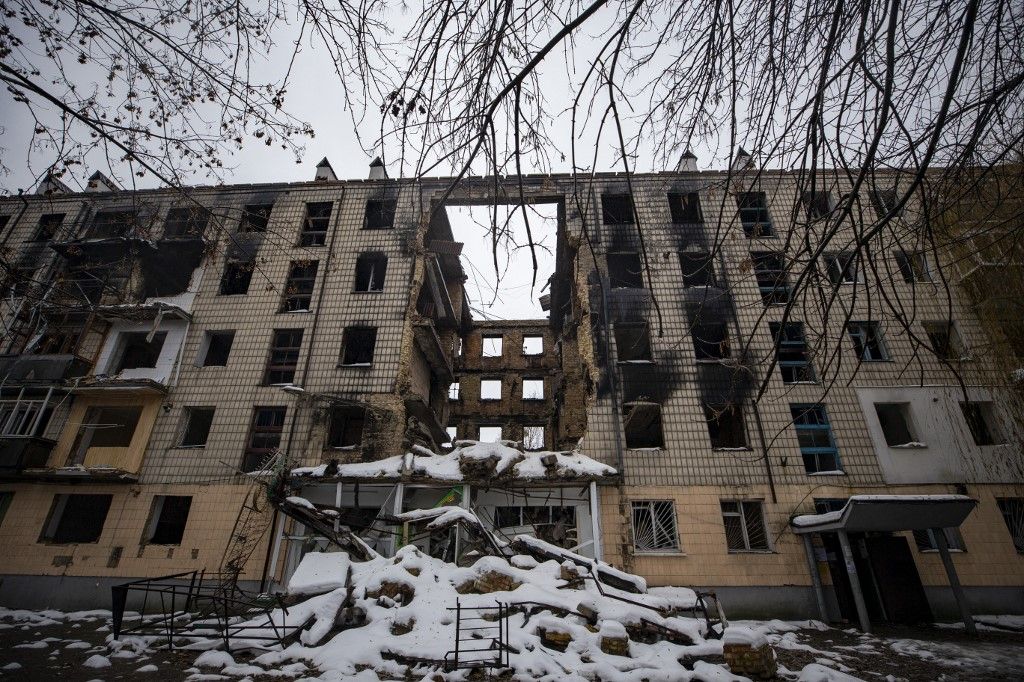
Russia’s military aggression against Ukraine
The European Council reiterated its resolute condemnation of Russia’s war of aggression against Ukraine and reaffirmed its full support for Ukraine’s independence, sovereignty and territorial integrity.
The EU remains committed to providing political assistance to Ukraine, maintaining its support for displaced persons and supporting Ukraine’s financial relief, resilience and long-term reconstruction. In that context, the EU has agreed to provide €18 billion of assistance to Ukraine in 2023. The EU also remains committed in its military support, notably through the European Peace Facility and the EU Military Assistance Mission, and by stepping up the bilateral provision of support, in particular air defence capacities and demining assistance.
The EU will also continue to provide all relevant support to Moldova, notably as regards energy security.
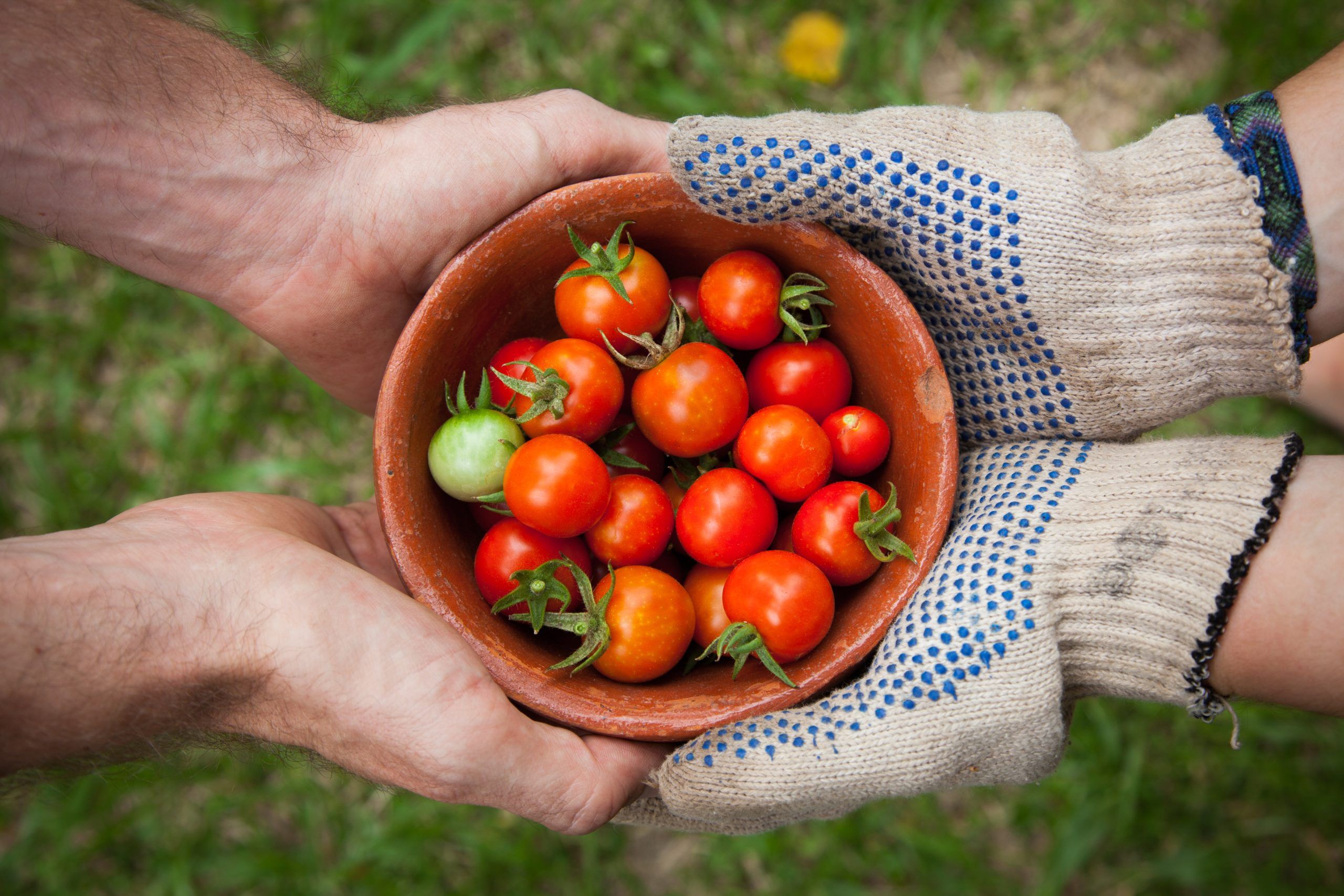
New 210 million food aid package for the most vulnerable countries
|
Helping Ukraine get through the winter
EU heads of state or government resolutely condemned Russia’s indiscriminate attacks against civilians and civilian infrastructure, which is inflicting even more suffering on the Ukrainian people.
The European Council also called on Russia to immediately cease actions endangering the safety and security of civilian nuclear facilities and underlined the EU’s full support for the work of the International Atomic Energy Agency.
To help Ukraine get through the winter, the EU will urgently intensify the provision of humanitarian aid and civil protection assistance and support the restoration of the country’s critical infrastructure.
In this regard, EU leaders invited the European Investment Bank, in close cooperation with the European Commission and international financial institutions, to step up its support for Ukraine’s most urgent infrastructure needs.
They also invited the Commission to intensify coordination with European industry and international partners to provide a sustainable supply of priority equipment to Ukraine, including mobile heating stations, power generators, power transformers and high-voltage and lighting equipment.
Support for the investigation and prosecution of war crimes
The European Council welcomed and encouraged further efforts to ensure full accountability for war crimes and the other most serious crimes in connection with Russia’s war of aggression against Ukraine.
EU leaders underlined the EU’s support for the investigations by the Prosecutor of the International Criminal Court. They also took stock of the options to use frozen assets to support Ukraine’s reconstruction, and invited the Commission, the EU High Representative for Foreign Affairs and Security Policy and the Council to take work forward.
Sanctions against Russia
The European Council discussed how to further increase collective pressure on Russia to end its war of aggression and withdraw its troops from Ukraine. It welcomed the reinforcement of EU restrictive measures against Russia, including through the EU’s ninth package of sanctions and the international oil price cap.
EU heads of state or government underlined the importance of ensuring the effective implementation of restrictive measures, preventing circumvention and its facilitation. They reiterated their call for all countries to align with EU sanctions.
The European Council reiterated its condemnation of military support provided by the Iranian authorities for Russia’s war of aggression, which must cease . In this regard, EU leaders welcomed the EU sanctions adopted on 12 December 2022.
Food security
In the context of bolstering global food security, the European Council underlined the importance of the:
- EU-Ukraine solidarity lanes
- UN Black Sea Grain Initiative
- Grain from Ukraine programme
EU leaders stressed the need to continue to ensure the availability and affordability of agricultural products and fertilisers.
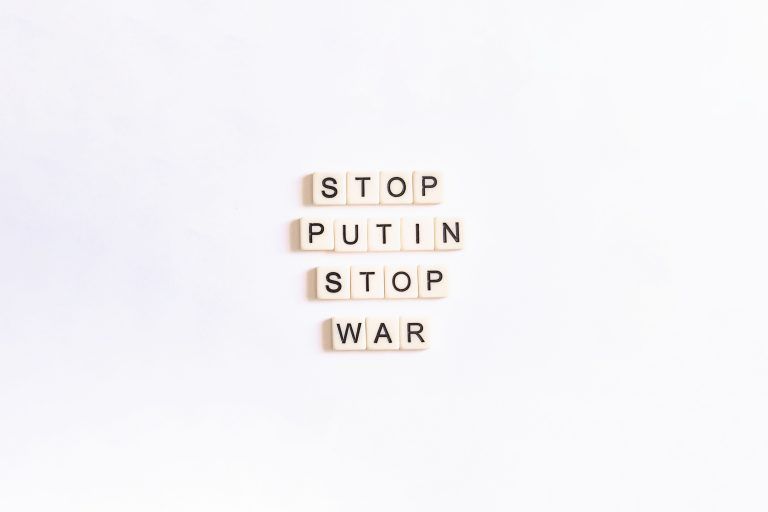
Ukraine: EU agrees ninth package of sanctions against Russia
|
Coordinating measures to face the energy crisis
The European Council welcomed the progress made and called on the Council to finalise on 19 December 2022 its work on the proposals for new regulations aiming to:
- enhancing solidarity through better coordination of gas purchases, exchanges of gas across borders and reliable price benchmarks
- accelerating the deployment of renewable energy
- establishing a market correction mechanism to protect citizens and the economy against excessively high prices
The European Council underlined the importance of strengthening coordination in view of future cold seasons. In particular, work should continue on the following:
- the speedy operationalisation of gas demand aggregation and joint purchasing, as well as an acceleration of discussions with reliable partners to secure long-term supply contracts
- the efficient filling of gas storage facilities and the close monitoring of filling trajectories and gas demand reduction objectives
- the early preparation of contingency plans for winter 2023/2024
EU leaders called for the swift finalisation of discussions on the directives concerning:
- renewable energy
- energy efficiency
- energy performance of buildings
To phase out the EU’s dependency on Russian fossil fuels, accelerate the green transition and ensure security of supply, EU leaders reiterated the importance of stepping up investment in innovation, infrastructure and interconnections, renewable energy and energy efficiency projects.
Leaders looked forward to the proposal and impact assessment on the reform of the EU’s electricity market, which is intended to make the market fully fit for a decarbonised energy system and facilitate the uptake of renewable energy, while decoupling the effect of gas prices on electricity prices.
Enhancing the EU’s economic resilience
In light of the impact of high energy prices in Europe, the European Council underlined the importance of safeguarding Europe’s economic, industrial and technological base and of preserving the global level playing field.
Leaders underlined the importance, in the current global context, of an ambitious European industrial policy to make Europe’s economy fit for the green and digital transitions and reduce strategic dependencies, particularly in the most sensitive areas.
With a view to ensuring resilience and competitiveness, the European Council invited the Commission to make proposals by the end of January 2023 to mobilise all relevant national and EU tools and improve framework conditions for investment, including through streamlined administrative procedures.
The European Council stressed the importance of close coordination and of common EU solutions, where appropriate, and invited the Council and the Eurogroup to closely monitor economic developments and further reinforce coordination in order to deliver a determined and agile policy response.
In addition to short-term measures, EU leaders stressed that the EU must take on long-term challenges, particularly the growth and innovation gap between the EU and its global competitors. In this respect, they invited the Commission to present an EU strategy to boost competitiveness and productivity in early 2023.
Strengthening security and defence
EU leaders are committed to taking more responsibility for the EU’s own security and, in the field of defence, pursuing a strategic course of action and increasing the EU’s capacity to act autonomously. Strengthening the industrial and technological base of the European defence sector is of key importance in this respect, as is the transatlantic bond in the EU’s Strategic Compass and NATO’s Strategic Concept.
Citing previous Council conclusions, the Versailles declaration, the Strategic Compass and the joint communication on defence investment gaps as guidelines, EU leaders called for the work to be accelerated. In this context, the European Council called for:
- a swift adoption of the European Defence Industry Reinforcement through the common Procurement Act (EDIRPA), an instrument that aims to address the most urgent and critical needs for defence products
- an intensification of efforts to facilitate and coordinate joint procurement, including replenishing stocks in light of support to Ukraine
- a proposal for a European Defence Investment Programme to be presented rapidly
- a further acceleration of the implementation of military mobility infrastructure projects
- investment in strategic enablers, including cybersecurity, space-based connectivity and resilience of critical infrastructure
- a strong EU policy on cyber defence
- the swift implementation of the EU hybrid toolbox to strengthen the EU’s ability to effectively counter hybrid threats and campaigns
- the strengthening of civilian Common Security and Defence Policy (CSDP) missions
EU leaders also reaffirmed the importance of supporting the EU’s partners, especially through instruments such as the European Peace Facility (EPF) and CSDP missions and operations. Recalling the global dimension of the EPF, EU leaders welcomed the political agreement reached in the Council ensuring its financial sustainability.
External relations
EU leaders held a strategic discussion on transatlantic relations and key aspects on EU-US relations.
The leaders also discussed the EU’s Southern Neighbourhood.
Schengen
The European Council held a political debate on the Schengen area and welcomed Croatia’s entry into it as of 1 January 2023. In this context, it also discussed Bulgaria’s and Romania’s accession to Schengen.
EU candidate status for Bosnia and Herzegovina
EU leaders agreed to grant EU candidate status to Bosnia and Herzegovina, in line with the Council conclusions on enlargement and stabilisation and association process adopted on 13 December 2022. In line with the Commission’s recommendation, Bosnia and Herzegovina must strengthen the rule of law, the fight against corruption and organised crime, migration management and fundamental rights.
Human rights violation in Iran
Recently the Council approved new conclusions on Iran, focusing in particular on the unacceptable repression of the ongoing protests. In the face of the escalating violence and human rights situation, the European Council strongly condemns the recent death penalty sentences pronounced and carried out in this context. It calls on the Iranian authorities to immediately end this practice and to annul without delay the recent sentences.
Additional restrictive measures were adopted on 12 December 2022 against the perpetrators of these serious human rights violations, and 20 people and one entity were added to the list targeting those linked to the death of Mahsa Amini and to the violent repression of the peaceful protests.
EU leaders reiterate their call for the Iranian authorities to halt the unjustifiable use of force against peaceful protesters, particularly against women.
International taxation
EU leaders recalled the determination to have Pillars 1 and 2 of the OECD tax framework implemented, as agreed in October 2021. In this context, they called on the European Commission to monitor ongoing negotiations of the multilateral convention on Pillar 1 and put forward an appropriate solution by the end of 2023 in case no agreement is reached.

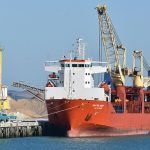
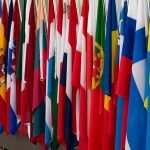

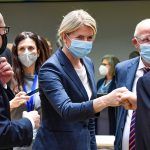
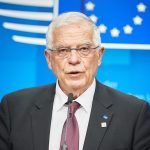
Leave a Reply